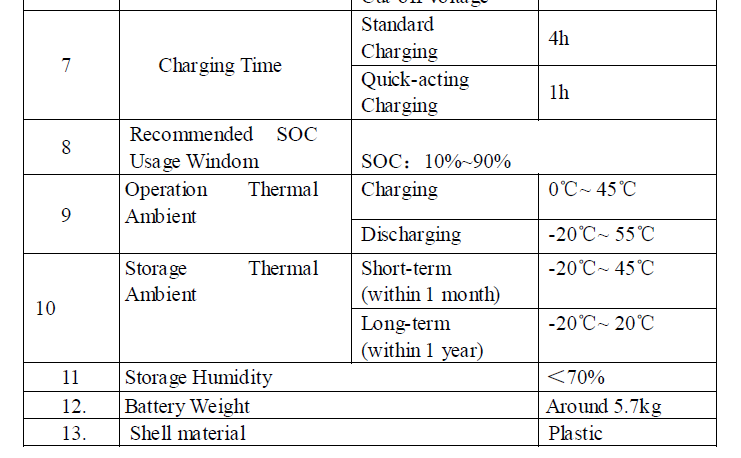Hello everyone.
Has anyone built a Victron - Mastervolt hybrid system? Why not select the best elements from both if building a solar/lithium battery system for a boat from scratch? Victron’s open-systems approach enables this.
I’m designing a lithium battery system for a sailing yacht, currently under construction. Basic parameters are: ~1200Ah of lithium batteries; 1200W of solar panels; combined inverter/charger with shore power connection; no generator but twin alternators; worldwide sailing program including Arctic/Antarctic environments.
I’ve been looking closely at Victron and Mastervolt systems, along with batteries from other suppliers. I’ve been struggling to reconcile a few concerns.
While I’m happy with most elements of a Victron system, weaknesses are:
- integration and control of alternators. While Victron offers modules that can shield lithium batteries and alternators from each others’ damaging tendencies, it doesn’t provide a fully integrated method for controlling alternators, so that they can deliver ideal battery charging.
- the low IP22 rating of the batteries. IP22 might stop small rocks and drips of water from getting into the batteries, however, these will be installed in the bilge area of a rocking and rolling sailing yacht. Hmmm. :-/
- a Victron lithium battery warranty will be voided by any charging below 5℃. The yacht will be used in Arctic and Antarctic locations, where water temperatures down to 1 or 2℃ are higher than air temperatures. To take advantage of this the hull is uninsulated below the waterline. Keeping the batteries warm will not always be convenient, but catching what sunlight is available will always be important.
Some problems with Mastervolt's offerings are:
- solar charge controllers. Mastervolt’s range is small and performance of the best candidate is insufficient.
- system programming and monitoring. Mastervolt’s software for programming system elements is effective but is far less user friendly than Victron’s. Mastervolt’s monitoring and control displays are less convenient. Victron’s options for Bluetooth interfacing, with Apple iOS and OS X apps and software is a big plus. The ease of interpreting energy flows via Victron’s GX devices can’t be matched by Mastervolt’s presentation of discrete numbers.
I’m thinking that an ideal hybrid system for my yacht, using the best of both makers, will be to ask the builder's electrical engineer to install:
From Victron:
- Cerbo GX and GX Touch 50, for system status display including tanks and pumps and to control charging via DVCC
- MultiPlus 12/3000/120-50
- Smart Solar MPPT 100/50 (x3)
- SmartShunt 1000
- Phoenix IP43 24/25 charger, for bowthruster battery charging
From Mastervolt:
- 3 x 12/5500 MLI lithium batteries (400Ah each). IP65 protection rating! No warranty voiding by charging below 5℃. With 3 x BlueSeas ML RBS safety switches - to cut loads and charging in the one unit, which also has a manual isolation switch. Brilliant! And a Blue Seas ML ACR battery combiner - to charge both house and engine-start batteries from alternators
- 2 x AlphaPro III alternator regulators - programmable for Bulk, Absorption and Float charging. Better and easier than Balmar's offerings I think.
- MasterShunt - to send battery voltage and temperature data to the alternator regulators (might not need this if the regulators can get this data directly from the Mastervolt batteries via Masterbus)
- Masterbus to USB adapter - to enable programming via MasterAdjust software and effing Windows.
This thread advises that using two shunts will work. This will be important, so please speak up if you can see a problem.
DVCC should work. Victron's GX devices appear to be battery agnostic. I don't plan to connect the Mastervolt batteries to the Cerbo's BMSbus port, but doing so might be a future project.
Thoughts? Comments? Suggestions?
Thank you.
Edit on 28 Apr 2020. A thought is that I can get the great performance of the Mastervolt AlphaPro III alternator regulators without necessarily needing the Mastervolt batteries. All I need is the Mastervolt shunt, which will communicate with the regulators and keep the alternators safe, performing well and charging the batteries well. This means I can use Victron lithium batteries if desired. That's handy.

